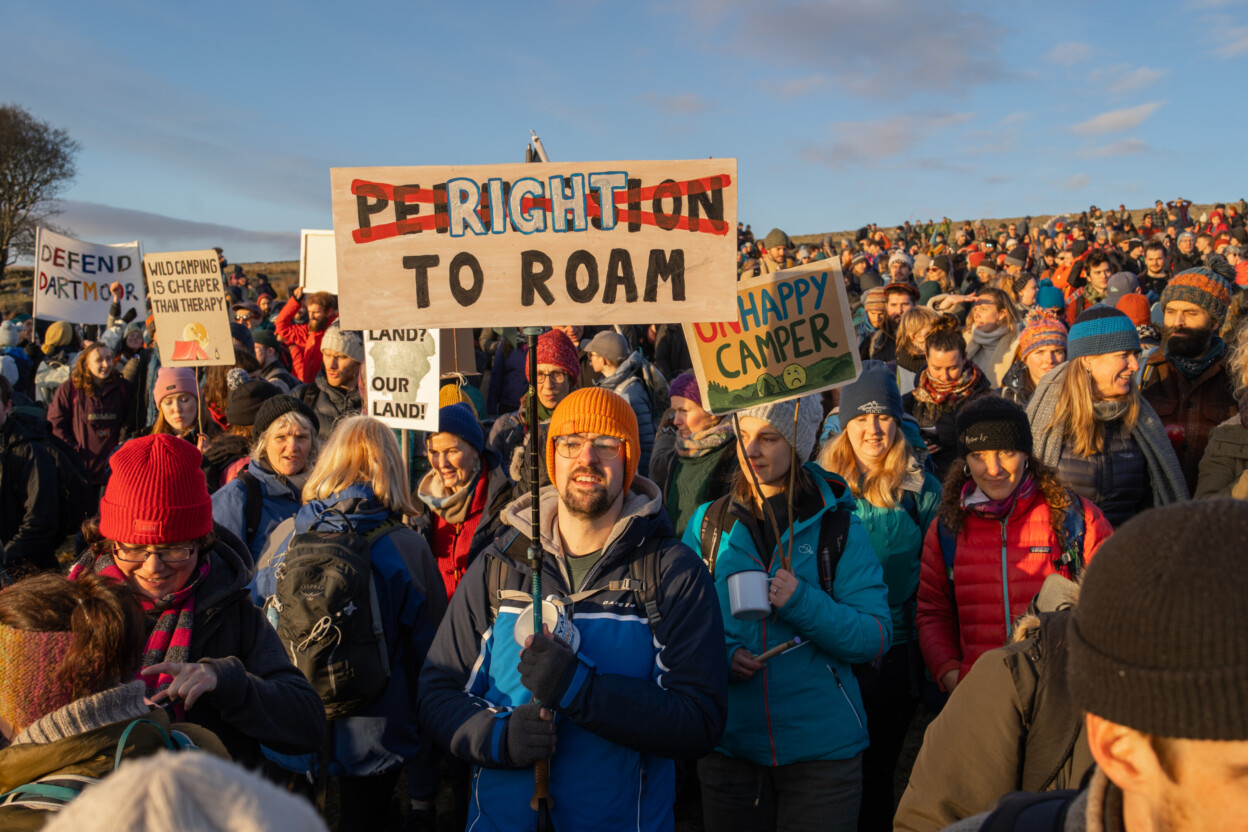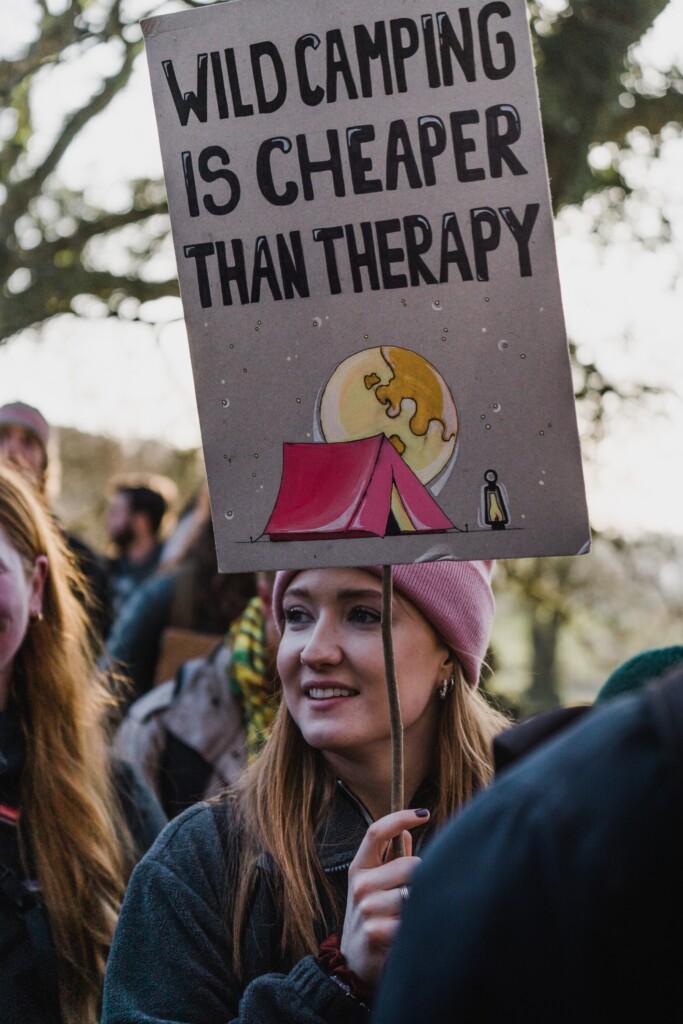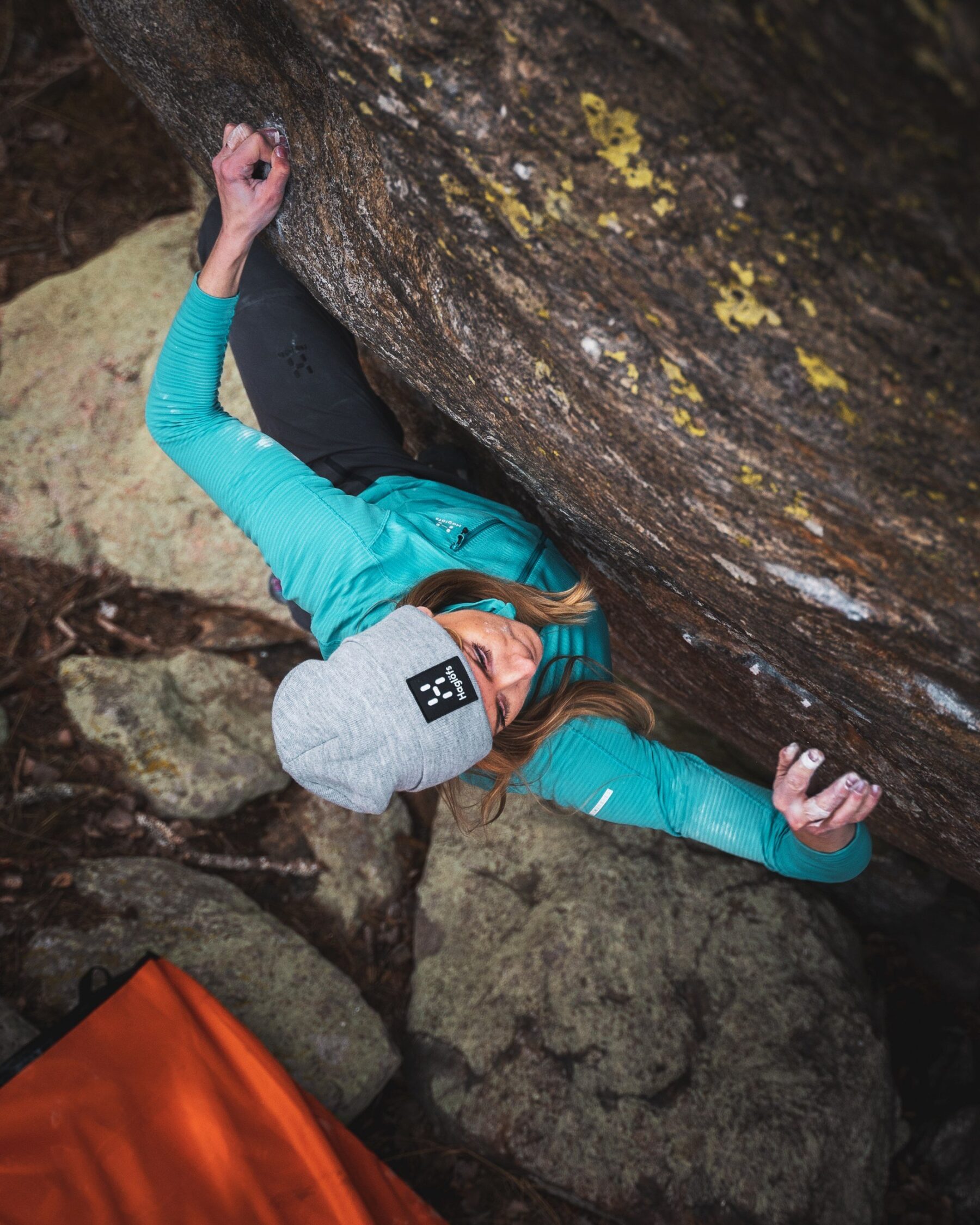Don’t miss a single adventure
Sign up to our free newsletter and get a weekly BASE hit to your inbox
Other posts by this author
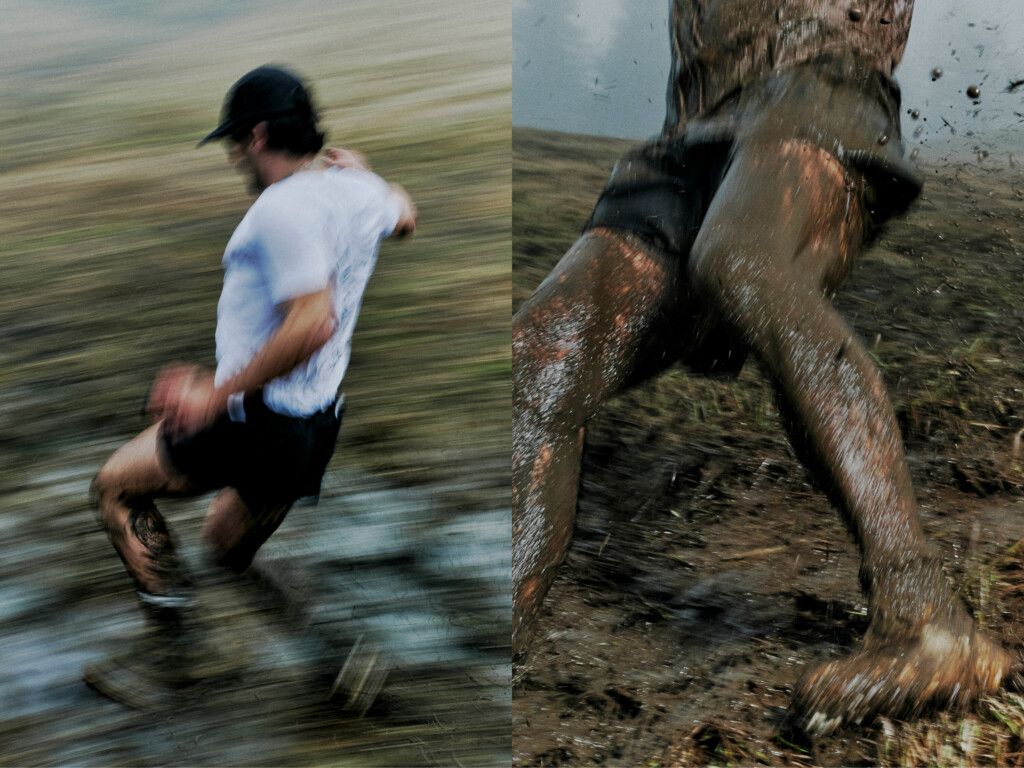
BASE editorial team • March 07, 2025
Kilian Jornet’s NNormal is back with the Kjerag Brut inspired by… rice?
Kilian Jornet's NNormal is back with real dirt lover of a shoe.
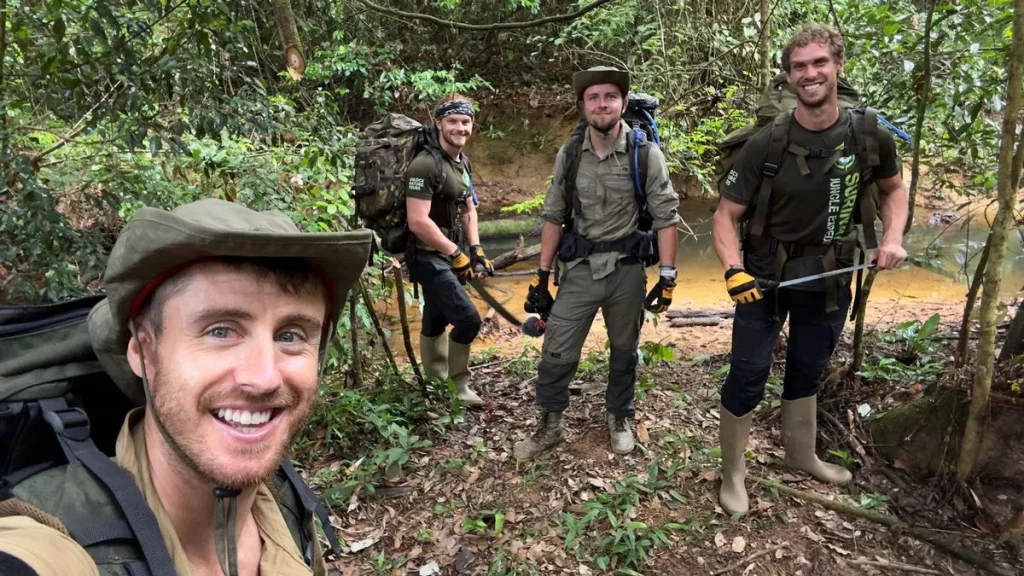
BASE editorial team • October 11, 2024
Ash Dykes Becomes First Person To Travel Length of Uncharted Amazon River
The team celebrate in the deep Suriname jungle.
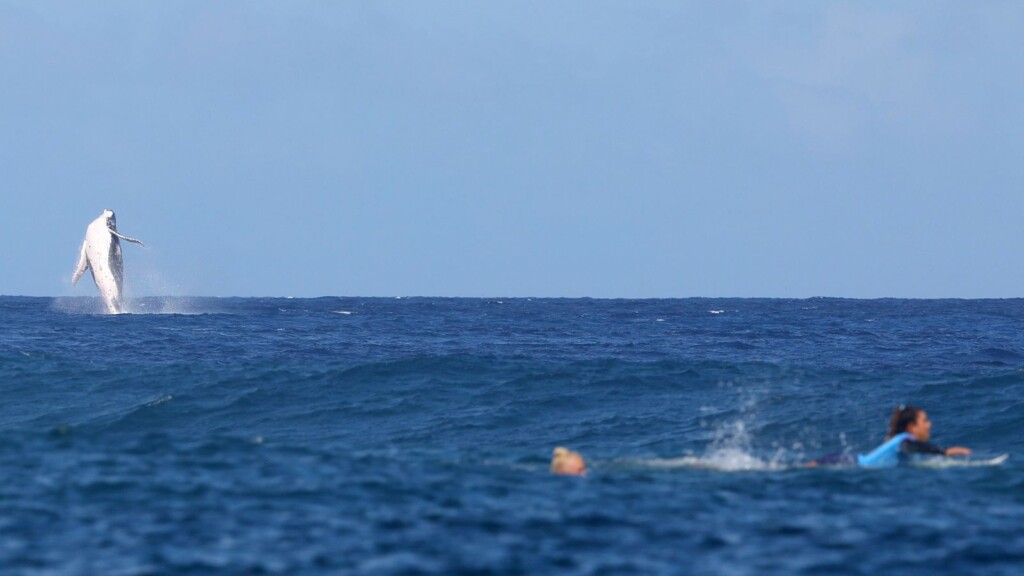
BASE editorial team • August 07, 2024
Olympic Surfing Competition Photobombed by Whale!
An unexpected visitor joins the semi-finals in Tahiti!
You might also like

BASE editorial team • March 07, 2025
Kilian Jornet’s NNormal is back with the Kjerag Brut inspired by… rice?
Kilian Jornet's NNormal is back with real dirt lover of a shoe.

BASE editorial team • October 11, 2024
Ash Dykes Becomes First Person To Travel Length of Uncharted Amazon River
The team celebrate in the deep Suriname jungle.

BASE editorial team • August 07, 2024
Olympic Surfing Competition Photobombed by Whale!
An unexpected visitor joins the semi-finals in Tahiti!

